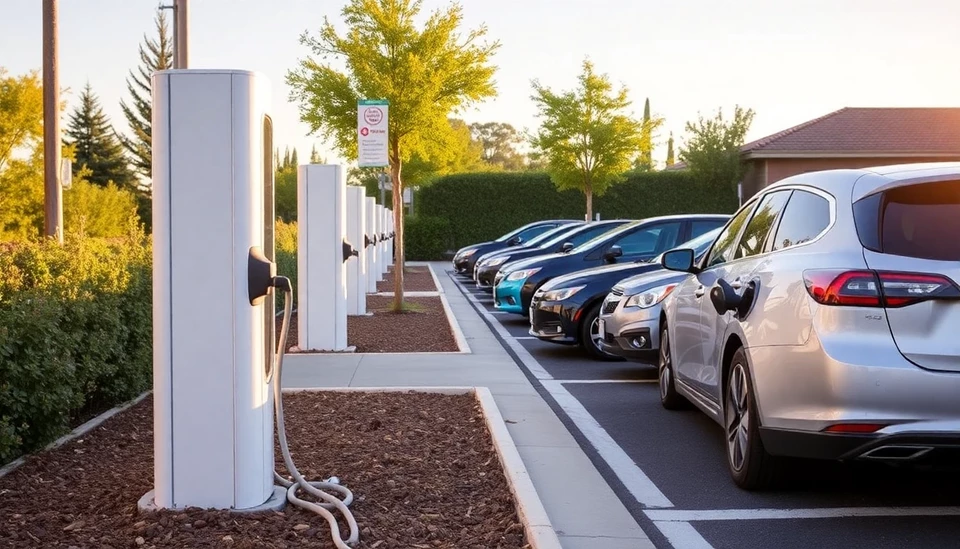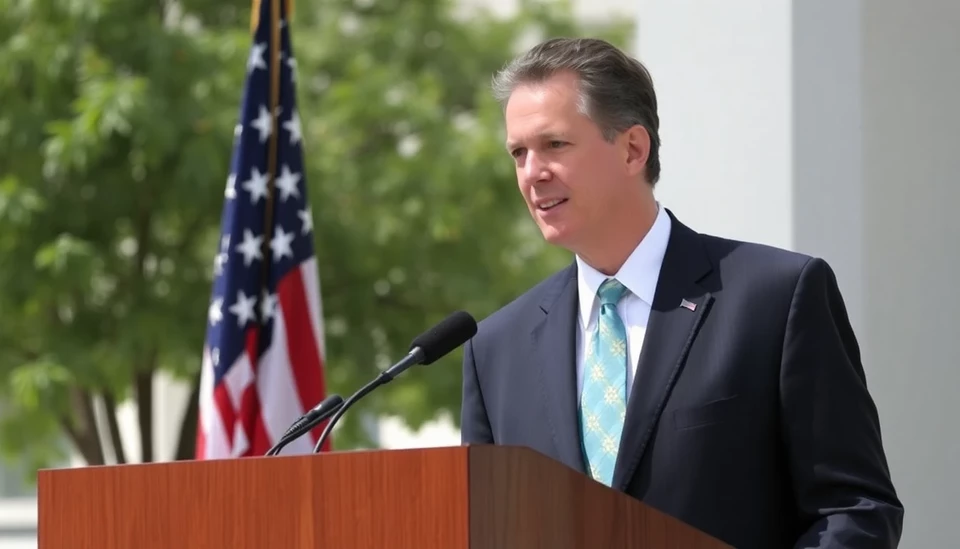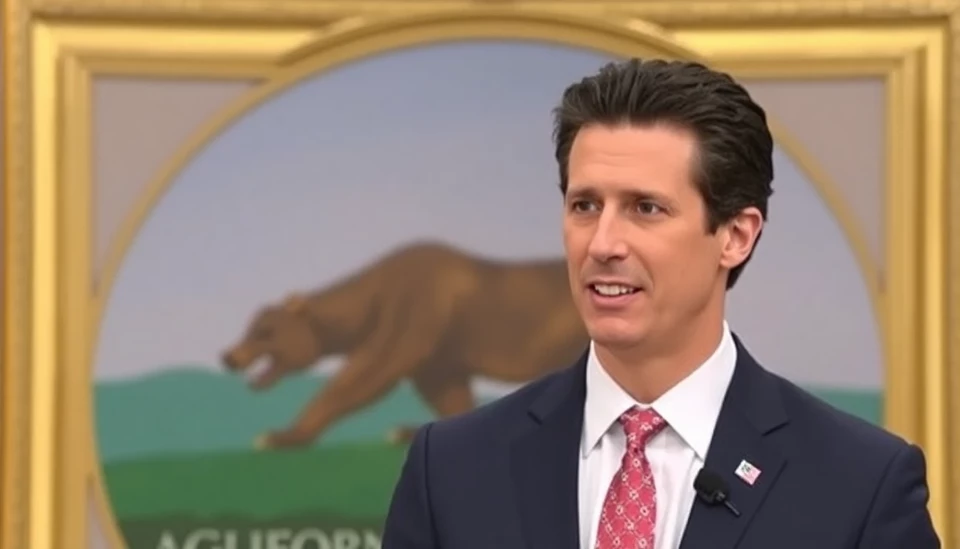
As discussions escalate over potential changes to the federal tax credit for electric vehicles (EVs), California is stepping up to support its residents who may be affected by these changes. The state has announced its commitment to provide incentives to EV buyers in the event that the Biden administration reconsiders the existing $7,500 tax credit under threat of repeal by former President Donald Trump.
This announcement comes at a crucial time as the auto industry and environmental advocates rally behind the goal of transitioning to more sustainable transportation options. California's initiative could offer a lifeline to potential EV buyers who may find themselves facing increased financial burden should the federal credit be eliminated. The focus of this announcement not only highlights the state's commitment to promoting electric vehicles but also its determination to navigate the changing political and economic landscape impacting green technology.
Governor Gavin Newsom expressed strong support for maintaining the influx of consumers into the EV market, emphasizing the importance of the federal credit in making electric vehicles more accessible to lower and middle-income families. Amid fears that Trump’s administration may pursue significant cutbacks to the program, Newsom’s administration is proactively looking for alternatives to ensure that the momentum of EV adoption remains strong.
The proposed state rebate is expected to be a substantial financial incentive for consumers, potentially mitigating the effects of any federal credit cuts. While the specific details of the rebate plan are still under discussion, officials indicate that California is committed to fostering a robust EV market regardless of the federal stance. “We cannot afford to go backward. This administration will continue to work towards policies that strengthen our clean energy future,” the governor stated during a press conference.
Moreover, California is known for its ambitious environmental goals, aiming to phase out gasoline-powered vehicles entirely by 2035. This ambitious vision necessitates the state’s support for EV uptake, which has already seen significant growth over the past few years. The introduction of state-level rebates could very well reinforce this growth trajectory, resulting in a more resilient electric vehicle market that is less dependent on federal policies.
As electric vehicle technology continues to advance, the stakes are high for consumers and manufacturers alike. For many families, the prospect of losing the federal tax credit could pose a formidable barrier to purchasing an electric vehicle. However, with California's proposed incentives, the state appears poised to counteract potential setbacks from federal changes. This could not only help to accelerate the transition to cleaner vehicles but also ensure that EVs remain an attractive option for all segments of the population.
As the situation continues to develop, stakeholders across the auto industry and advocacy groups will be closely monitoring both California’s rebate initiative and the broader national policies that could impact EV adoption. The outcome of this scenario remains to be seen, but California's bold moves signify its commitment to leading the charge towards a more sustainable automotive future.
In conclusion, the Golden State's initiative to implement rebates for electric vehicle buyers is a clear indication of its dedication to maintaining green transportation options in the face of political uncertainty. It remains to be seen how this will unfold, but California stands ready to protect and promote its electric vehicle market.
#California #ElectricVehicles #EVRebate #SustainableTransportation #FederalTaxCredit #GavinNewsom #CleanEnergy #AutomotiveIndustry
Author: Samuel Brooks




